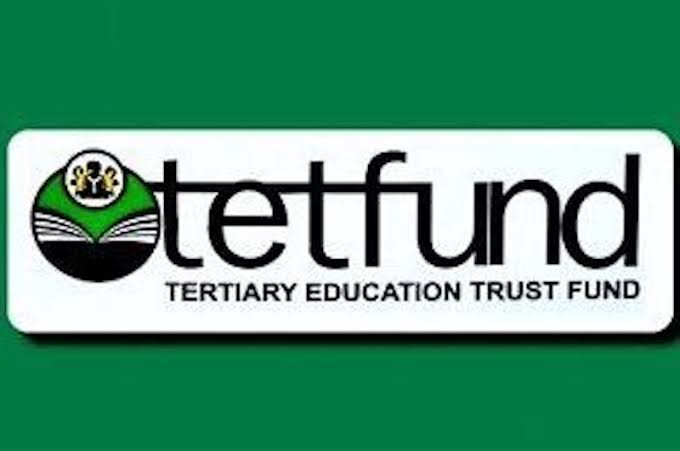The Tertiary Education Trust Fund (TETFund) has warned that any beneficiary institution that fail to meet performance benchmarks or mismanage allocated funds, risks being delisted from its support programmes.
Executive Secretary of TETFund, Sonny Echono, gave the warning at a oneday strategic engagement with heads of institutions, bursars, and heads of procurement of the Fund’s beneficiary institutions yesterday in Abuja.
According to him, the policy was not meant to punish, but rather to safeguard the credibility and impact of TETFund interventions.
Echono said the Fund intends to ensure that its resources are directed toward institutions committed to high standards of governance, transparency, and accountability.
He said: “Let me be clear, institutions that consistently fail to access, utilize or retire funds appropriately, or that fall short of enrollment and academic performance thresholds, risk being delisted as TETFund beneficiary institutions.”
Echono who noted that they were some challenges of stunted academic growth and dearth of knowledge in emerging fields following the suspension of the foreign component of the TETFund Scholarship for Academic Staff (TSAS), said there was need to invest in Nigerian institutions to develop their capacities.
He said: “This engage ment is not merely a meeting but a strategic convergence. “It is designed to address recurring issues of concern, streamline project implementation and enhance the overall quality of tertiary education delivery in our nation.
“We stand at a critical juncture, where collective action, transparent processes and responsible governance can determine the future trajectory of our higher education institutions.
“Let me begin by focusing on one of the central interventions supported by the Fund, the Academic Staff Training and Development (AST&D) intervention.
“As you all are aware, we made the difficult decision to suspend the foreign component of the TETFund Scholarship for Academic Staff (TSAS) due to the rising costs of training abroad, coupled with the increasing rates of scholar abscondment.”















